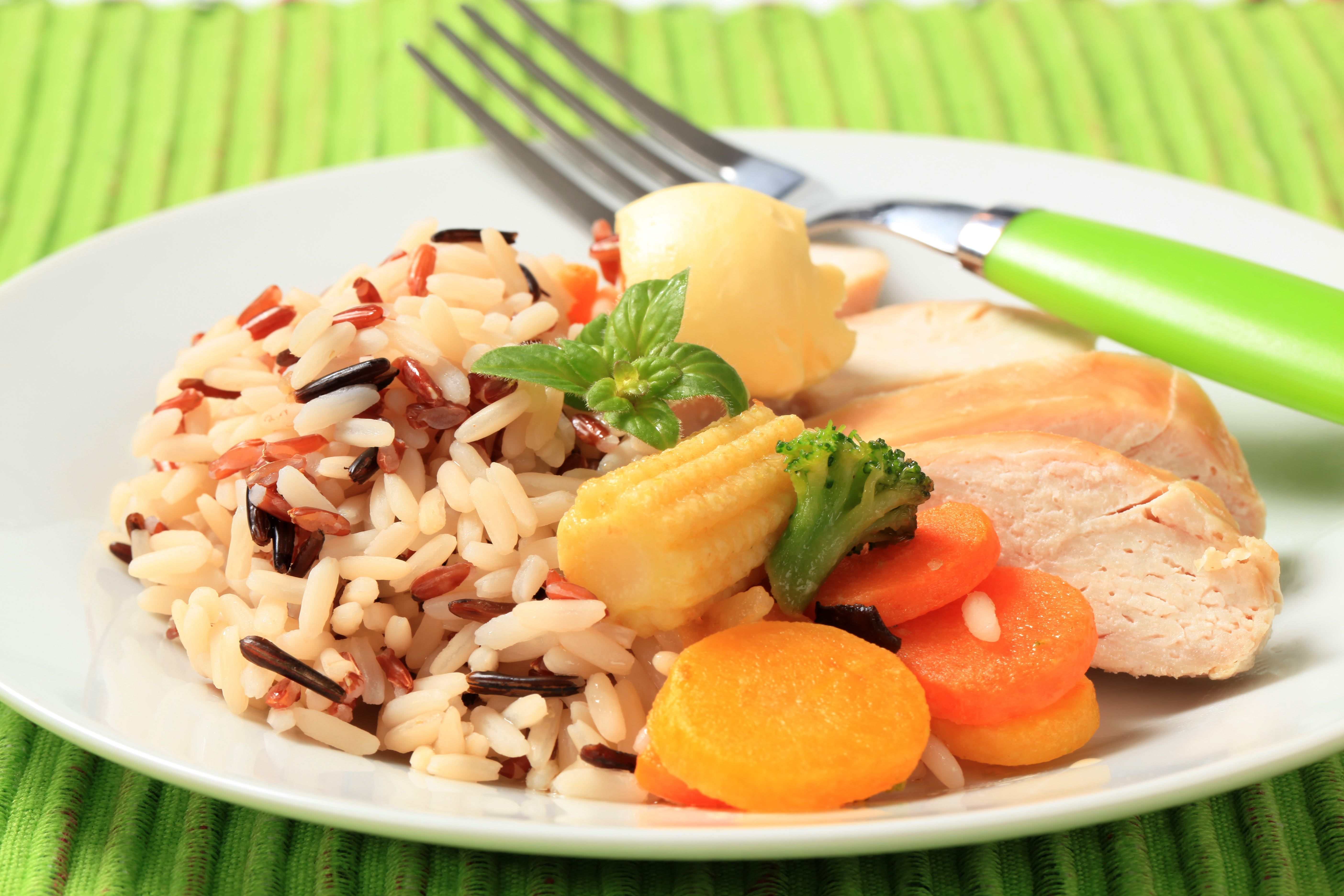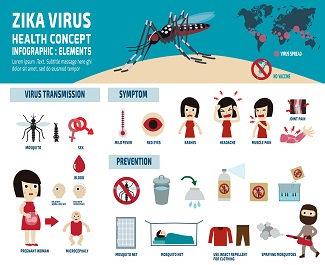Benefits of salt during pregnancy
Can you have salt during pregnancy? Yes, absolutely. Salt contains sodium, and sodium is an essential mineral that helps to regulate your body fluid levels during pregnancy. Sodium is important in helping your cell to send nerve impulses to the brain and back to the rest of the body. It is also important for muscle function.
In fact, sodium is even more essential for pregnant women. During pregnancy, your hormone levels are soaring, and those hormones include progesterone. High levels of progesterone increases the amount of sodium in your urine – meaning that less of it is kept and used by the body.
Insufficient sodium in the body can disrupt the fluid balance in pregnant women. During pregnancy, your body needs more fluid to accommodate the baby. This extra fluid helps to soften your body to accommodate the growing baby.
However, while you should have a sufficient amount of sodium in your diet, you should not consume sodium in excess as it can have harmful effects.
What are the harmful effects of salt on pregnant women?
Increased risk of high blood pressure
Excess salt in your body will increase the amount of water retained in your blood, which increases the total volume of blood. When there is more blood pumping in your blood vessels, blood pressure increases. This increased pressure forces the heart to work harder and increases the chance of heart disease in future. High blood pressure may also damage your blood vessels as a result of over-stretching the vessels.
Swelling
Swelling in your feet and ankles is a common symptom of pregnancy. During pregnancy, your body’s fluid level increases by 50%, and this can cause swelling, especially in the feet and ankles. Excess salt can cause fluid retention and worsen the swelling.
Loss of calcium
A high level of sodium intake can increase calcium loss in your body. This is because the more sodium is excreted from your body, the more calcium is lost too. Calcium is important for the growth and development of the foetus during pregnancy. It plays a critical role in the foetus’s bone, skeletal and cardiovascular development, as well as numerous other body functions such as nerve signals, blood clotting and keeping a normal heartbeat. Insufficient calcium can hence lead to development problems in your baby.
Pre-eclampsia
High sodium intake increases loss of calcium, and a lack of calcium has been associated with an increased risk of developing pre-eclampsia. Pre-eclampsia is a pregnancy condition characterised by high blood pressure and the presence of protein in the urine. Pre-eclampsia is an extremely dangerous condition as it can lead to seizures, damage to other organs, placental abruption and pre-term birth.
How much salt should I consume?
The following are the approximate amounts of sodium in different amounts of salt:
- ¼ teaspoon: 575 mg of sodium
- ½ teaspoon: 1,150 mg of sodium
- ¾ teaspoon: 1,725 mg of sodium
- 1 teaspoon: 2,300 mg of sodium
The World Health Organisation recommends a salt intake of less than 5 grams a day for adults.
Sodium can be found naturally in meat, shellfish and dairy products. All plant sources also contain sodium, such as fruits, vegetables, beans and grains. Hence, you do not need to worry about not consuming enough sodium.
In fact, most of us consume too much salt on a daily basis. Reduce your sodium intake by cutting down on processed foods and adding less salt when cooking. A balanced and nutritious diet that consists of meat, fruits, vegetables and wholegrains will provide adequate sodium for your body.
Learn more about nutrition during pregnancy.
Subscribe to receive newsletter on pregnancy and parenting in Singapore.


